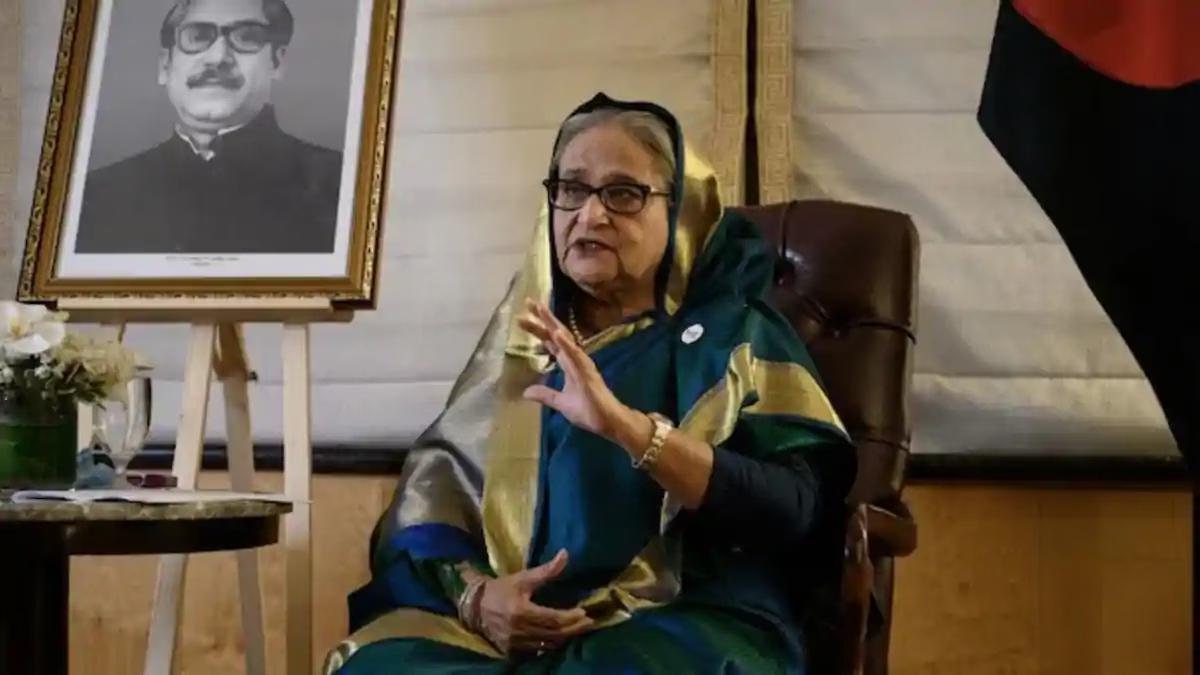What’s inside:
Bangladesh’s former Prime Minister Sheikh Hasina has been sentenced to death by an International Crime Tribunal for crimes against humanity during protests in 2024.
The International Crime Tribunal in Bangladesh has made a big decision. Former Prime Minister Sheikh Hasina was sentenced to death on Monday for her role in violence and killings during the protests in July-August 2024. This decision was announced live by the tribunal, which is led by Justice Mohammed Golam Murtuza Mojumdar.
The tribunal found Sheikh Hasina guilty of serious crimes against humanity. Along with her, two other former officials, Asaduzzaman Khan Kamal and Chaudhry Abdullah al-Mamun, were also sentenced to death. However, the tribunal chose not to give the death penalty to al-Mamun after he agreed to testify for the state.
The judges revealed details from a lengthy 453-page verdict, explaining the atrocities committed. The tribunal noted that a significant number of peaceful protesters lost their lives. It was reported that Hasina ordered helicopters to drop bombs on the students who were protesting peacefully.
After the tribunal’s verdict, the situation in Dhaka has become tense. Supporters of Sheikh Hasina took to the streets to protest against the decision. Sheikh Hasina herself has called the tribunal’s ruling biased and politically driven, while former Home Minister Asaduzzaman Khan Kamal dismissed it as an attempt to undermine the Awami League party.
This ruling has sparked a lot of reactions, with protests erupting in the capital. The tribunal’s decision is seen as a critical moment in Bangladesh’s political landscape, and it raises questions about the future of Sheikh Hasina and her party.
Summary:
- Sheikh Hasina has been sentenced to death for crimes against humanity.
- The verdict was announced by the International Crime Tribunal in Bangladesh.
- Two other former officials were also sentenced to death.
- The ruling has led to protests in Dhaka.
- Hasina claims the decision is politically motivated.


